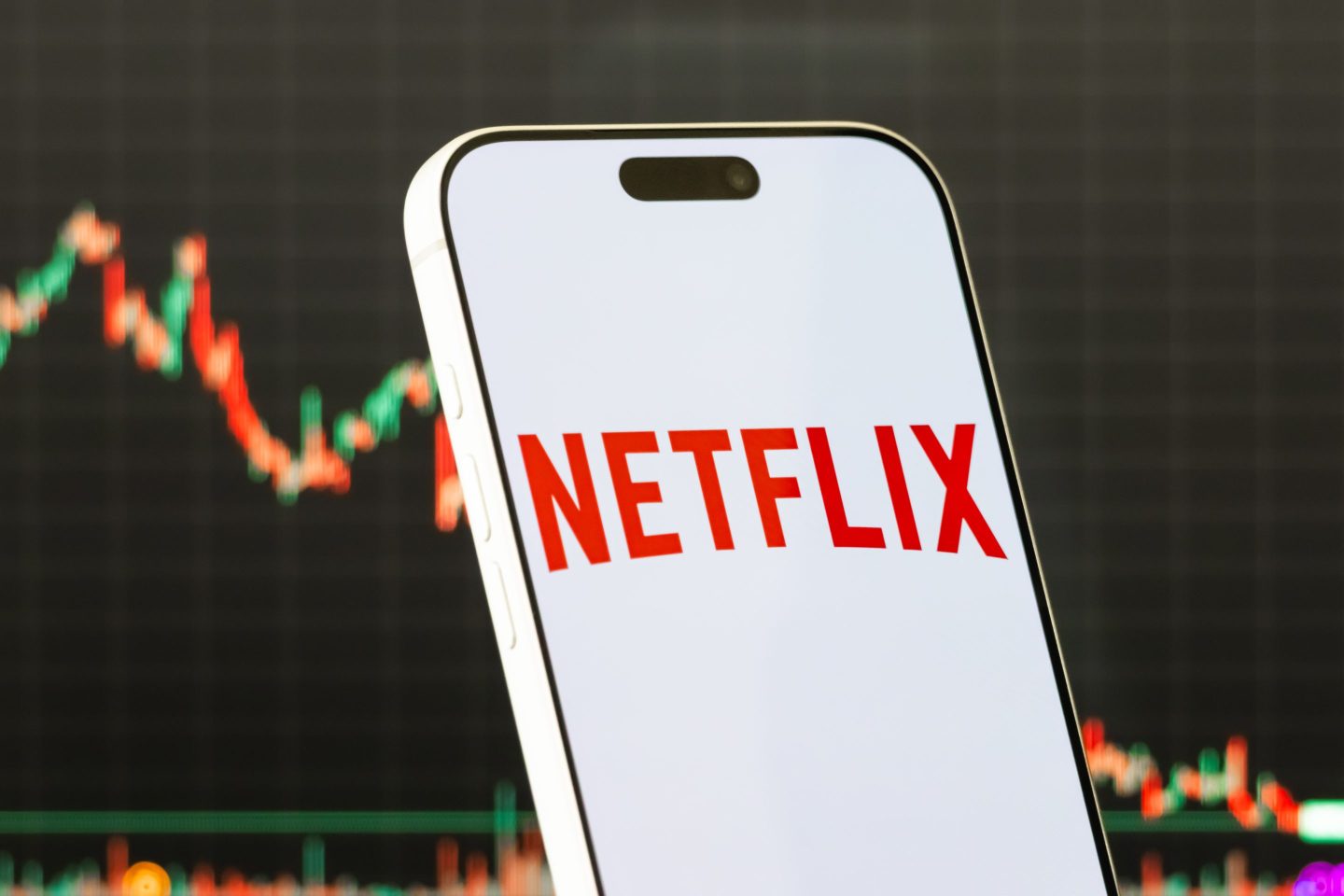BERLIN — Germany will bar the use of critical components made by Chinese companies Huawei and ZTE in core parts of the country’s 5G networks in two steps starting in 2026, the nation’s top security official said Thursday.
Germany, which has Europe’s biggest economy, has long mulled what to do about components made by Chinese suppliers in its new-generation cellphone networks.
Interior Minister Nancy Faeser said critical components from Huawei and ZTE will be barred from 5G core networks by the end of 2026, while “critical management systems” from the two manufacturers in 5G access and transport networks must be replaced by the end of 2029.
The decision follows negotiations in recent weeks with Deutsche Telekom, Vodafone and Telefonica, which operate Germany’s 5G networks, and agreements will be signed with all three companies, the Interior Ministry said.
“We have examined the risks from critical components manufactured by Huawei and ZTE in German 5G cellphone networks very carefully,” Faeser said as she announced the “clear and strict agreement” with German operators.
“With this, we are protecting the central nervous systems of Germany as a business location — and we are protecting the communication of citizens, companies and the state,” she said. “We must reduce security risks and, unlike in the past, avoid one-sided dependencies.”
Today’s threats underline the significance of secure telecommunications infrastructure, particularly “with a view to dangers from sabotage and espionage,” Faeser said.
The United States in recent years successfully pushed European allies such as Britain and Sweden to ban or restrict Huawei equipment in their phone networks over fears Beijing could use it for cybersnooping or sabotaging critical communications infrastructure — allegations Huawei has denied repeatedly. Japan, Australia, New Zealand and Canada have taken similar action.
German Chancellor Olaf Scholz’s government last year drew up a strategy for relations with China that refers to a “systemic rivalry” with the Asian power and a need to reduce risks of economic dependency, but highlights Berlin’s desire to work with Beijing on challenges such as climate change and maintain trade ties. The strategy drew criticism from Beijing.
Scholz visited China in April on his second trip to the country since he took office at the end of 2021.
Asked about Thursday’s expected announcement at a daily briefing in Beijing, Chinese Foreign Ministry spokesperson Lin Jian said that Huawei and other Chinese companies have been building high-quality infrastructure for Europe and creating many jobs, and “there is no evidence that they endanger the national security of European countries.”
“Politicizing economic, trade, and sci-tech issues will only undermine normal technical exchanges and cooperation and is not in the interest of any party,” he said.
Mutual suspicion between Western countries and China has mounted since Russia launched its full-scale invasion of Ukraine in early 2022.
On Wednesday, NATO allies including Germany called China a “decisive enabler” of Russia’s war and expressed concerns over Beijing’s nuclear arsenal and its capabilities in space. Beijing responded by accusing NATO of seeking security at the expense of others and told the alliance not to bring the same “chaos” to Asia.











